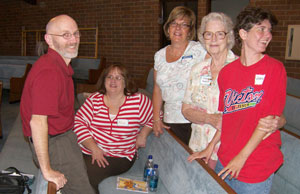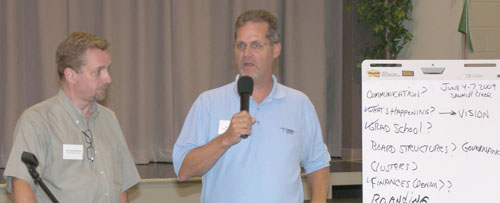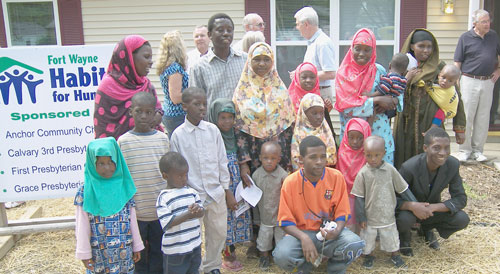02 Jul Control Issues
When Jesus was ministering to his disciples, the mother of James and John wanted to know which of her boys would enter the Kingdom first. She wanted them at the front of the potluck line.
The issue is control. Churches too often have people who want to control what happens, because they think they know better. They want to decide which table goes first at the potluck. That is carnality.
I had a whole bunch of people at Mainstreet who didn’t agree with me, but we got along and were excited because we baptized another 12 people on Sunday. Give up trying to control what happens in your church, and focus on fulfilling the Great Commission. It’s not about who goes first at potlucks. It’s about lost souls.


 About 120 adults attended the event, most of them from the six sponsoring churches. They included 19 people from Anchor, some of whom are in the photo on the right. Folks from probably a dozen other churches scattered around the city also attended, most having learned about the seminar through a newspaper article.
About 120 adults attended the event, most of them from the six sponsoring churches. They included 19 people from Anchor, some of whom are in the photo on the right. Folks from probably a dozen other churches scattered around the city also attended, most having learned about the seminar through a newspaper article.


 Paul Hirschy, former bishop and now a Huntington University staffer, has been offering the Good Sense stewardship training to UB churches. He recently conducted this at Franklintown UB church (Franklintown, Pa.). What’s this about?
Paul Hirschy, former bishop and now a Huntington University staffer, has been offering the Good Sense stewardship training to UB churches. He recently conducted this at Franklintown UB church (Franklintown, Pa.). What’s this about?